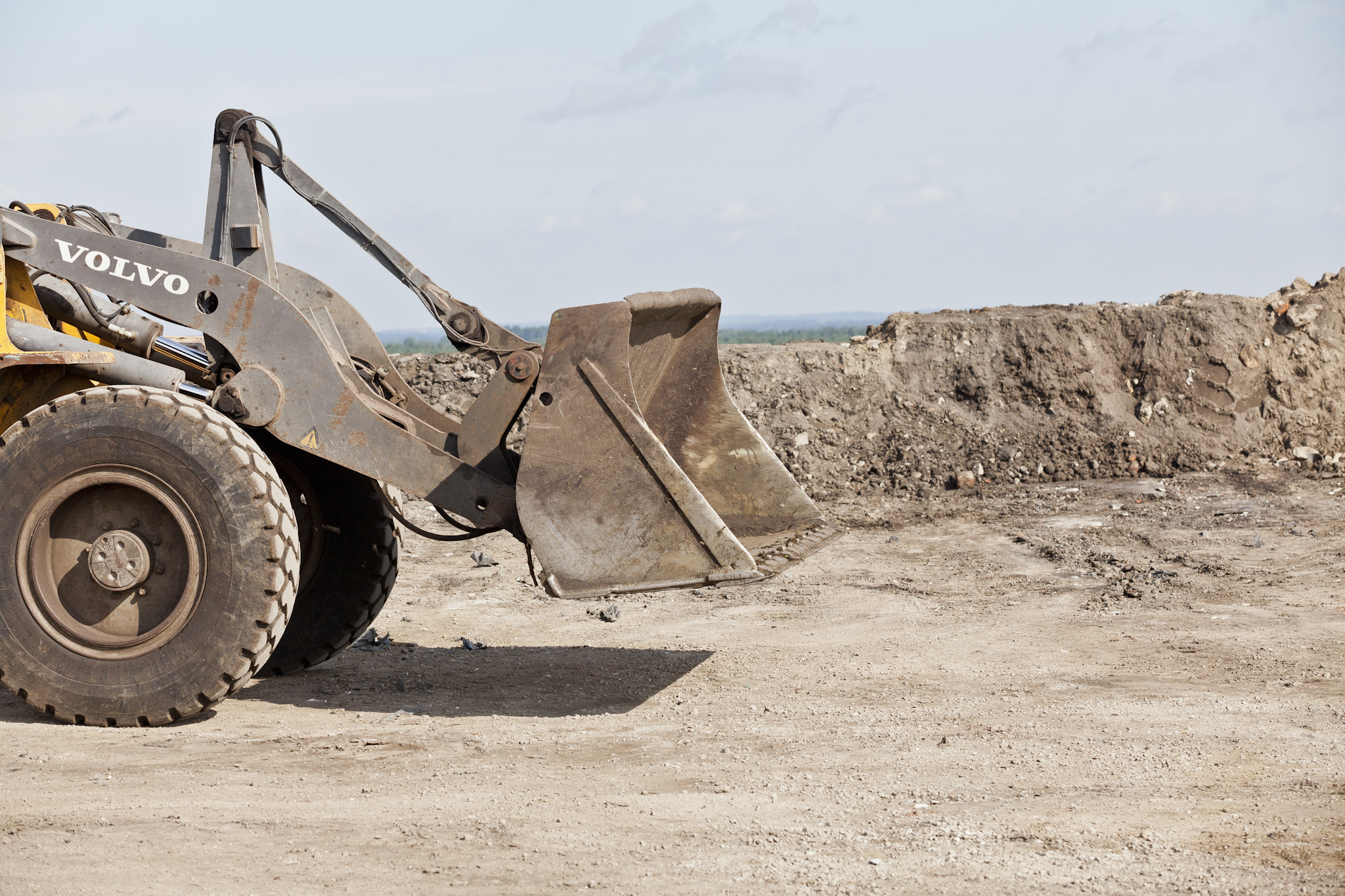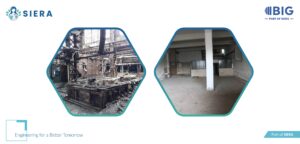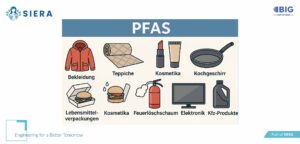Most of the construction materials produced during road construction are suitable for recycling. The standards for harmless and high-quality recycling depend on the type of waste, the level of pollution and the intended use. Excavated soil and excavation materials can be contaminated differently due to their origin and utilisation. The examination and correct categorisation of the road construction material to be excavated are essential prerequisites for proper and harmless disposal.
The use of mineral construction waste for the highest possible quality purpose corresponds to the waste recycling prioritised by the Closed Substance Cycle Waste Management Act (KrWG) and conserves natural resources. The recycling obligations are also set out in Section 8 sentence 1 of the Commercial Waste Ordinance: Producers and holders of construction and demolition waste must each collect it separately, transport it and prioritise it for preparation for reuse or recycling in accordance with Section 8 (1) of the Closed Substance Cycle Waste Management Act. If the separate collection of the respective waste fraction is technically impossible or economically unreasonable, the mixtures of construction and demolition waste must be sent immediately to a pre-treatment or processing plant (§ 9 GewAbfV).
Tenders in which recycled building materials are excluded from the outset are in breach of waste legislation.
Even if the waste producer has no influence on the realisation of the recovery, he can still be held responsible for violations that are discovered years later. Even the confirmation of a contractual partner to accept the waste and the responsibility for the recovery does not release the waste producer from his obligation. The waste producer is only released from his obligation under waste legislation once a recovery operation has been completed properly and without damage.
For this reason, Prof. Burmeier Ingenieurgesellschaft mbH pays particular attention to the disposal of construction projects that generate waste. This starts with the planning and ends with the monitoring and documentation of the disposal processes.







